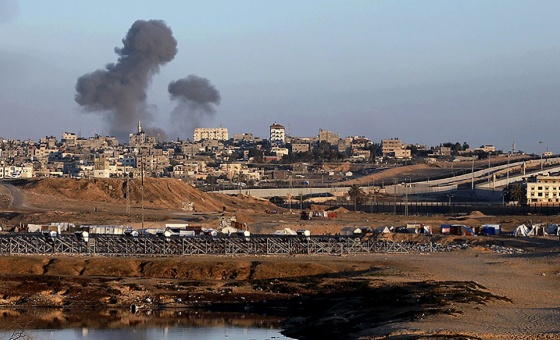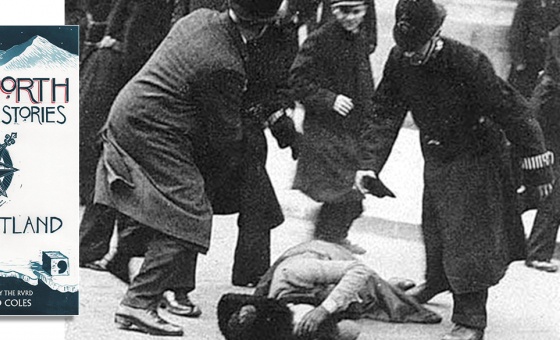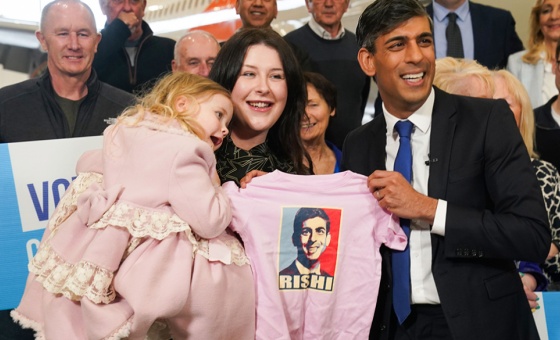This is the last article you can read this month
You can read more article this month
You can read more articles this month
Sorry your limit is up for this month
Reset on:
Please help support the Morning Star by subscribing here
ONE of the the most resonant films at this year's Sheffield DocFest was The Silence of Others, which poses the question of whether the state can order people to forget crimes committed against them.
This is what Spain’s amnesty law tried to do years after the death of dictator General Franco in 1975 and the film tells movingly how Spain’s surviving victims of fascism have struggled for justice.
After a lawsuit filed in Argentina in 2010 and years of painstaking struggle, the mass graves of some of the 100,000 civilian dead have been exhumed, DNA matches with living relatives found, street names commemorating Franco and his generals are being changed and new lawsuits filed against the dictatorship’s torturers.
“The clamour against impunity will continue to grow,” activist survivor Chato says. He is happy that the street where he lives no longer bears the name of the Francoist general responsible for the execution of 4,000 republicans. But the elderly woman who hoped to find her mother’s bones and bury them decently died before she could fulfil her life’s wish.
The Trial is a gripping indictment of the 2016 impeachment process against Brazil’s first female president Dilma Rousseff, who was imprisoned and savagely tortured during the 1970s dictatorship.
What a contrast between the dignified and impressive Ms Rousseff and the baying hounds of congressmen and senators, almost identical in their dark suits and ties and smirking behind their hands, as they vote on a series of measures destined to bring her down.
Her lawyer argues that she has committed no impeachable offence but simply used means within the budget to finance children’s centres. “If this goes through,” he says, “it will be a coup” and demonstrators in the street shout: “Dilma, a fighter for the Brazilian nation!”
The real reason for her impeachment, as a senator points out, was that the coup-plotters want to realign Brazil with neoliberal interests. “This process gives legitimacy to something illegitimate,” her lawyer declares. This is a new kind of coup, it seems — pseudo-legal but a coup nevertheless.
Other notable work included Over the Limit, an exposé of Russia’s ruthless coaching methods in pursuit of Olympic glory, Generation Wealth, examining the US obsession with money and fame, and Esta Todo Bien, portraying the drugs shortages in Venezuela’s pharmacies but saying nothing about sanctions or hoarding by the opposition.
Too Beautiful: Our Right to Fight offers a sympathetic portrayal of Namibia, a Cuban woman who wanted to represent Cuba at the last Olympics but couldn’t because the Cuban Boxing Federation so far does not allow women to box and, though no fan of the sport, I was almost persuaded by Namibia's declaration, “If I want to get hit in the face, that’s up to me!”
Flow is a beautifully filmed documentary giving a glimpse into the lives of people living near two rivers — the Ganges in India and the Bio Bio in Chile and the magnificence of remote mountains and valleys it reveals is a poetic call for protection of our beautiful planet.











